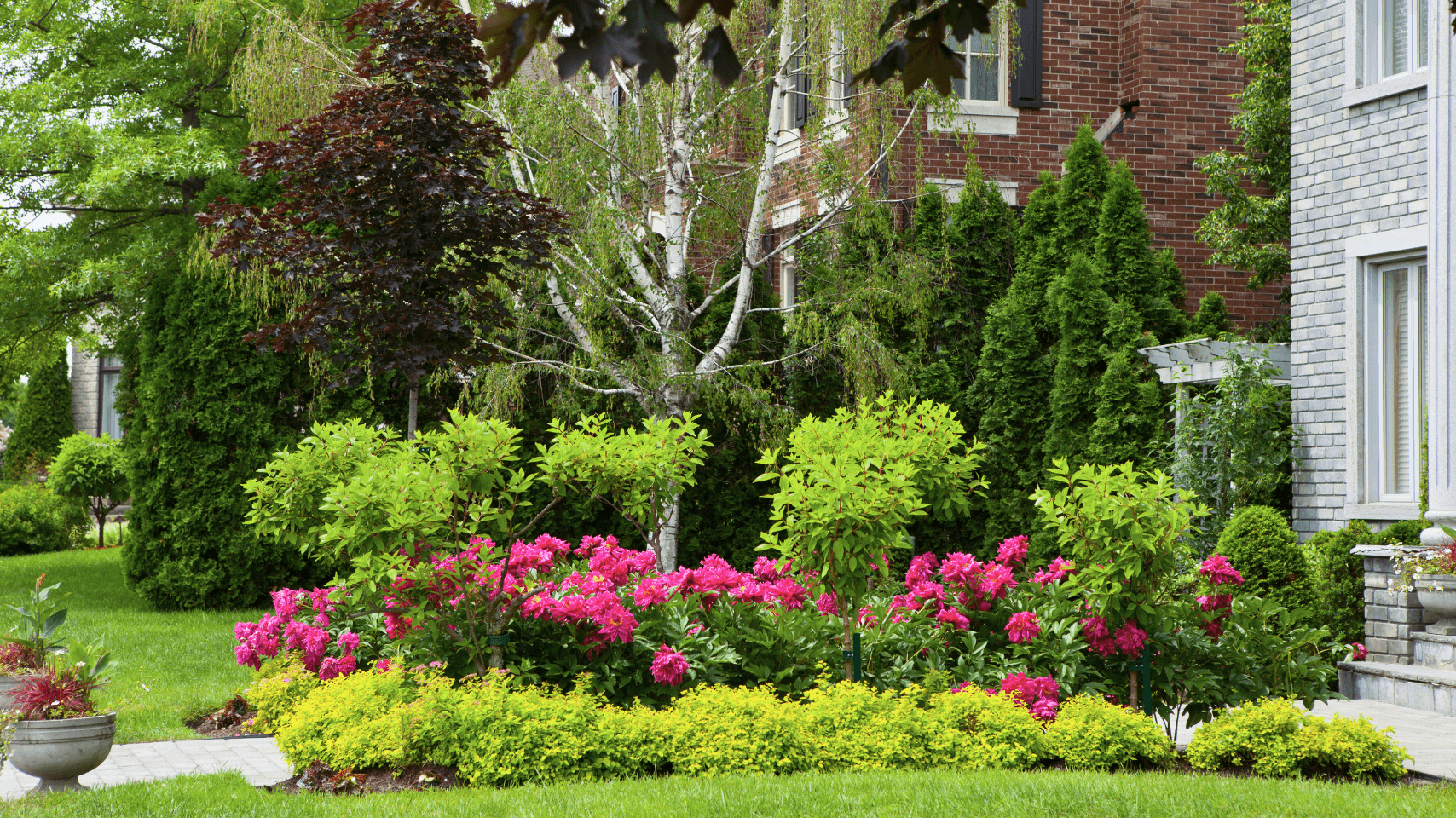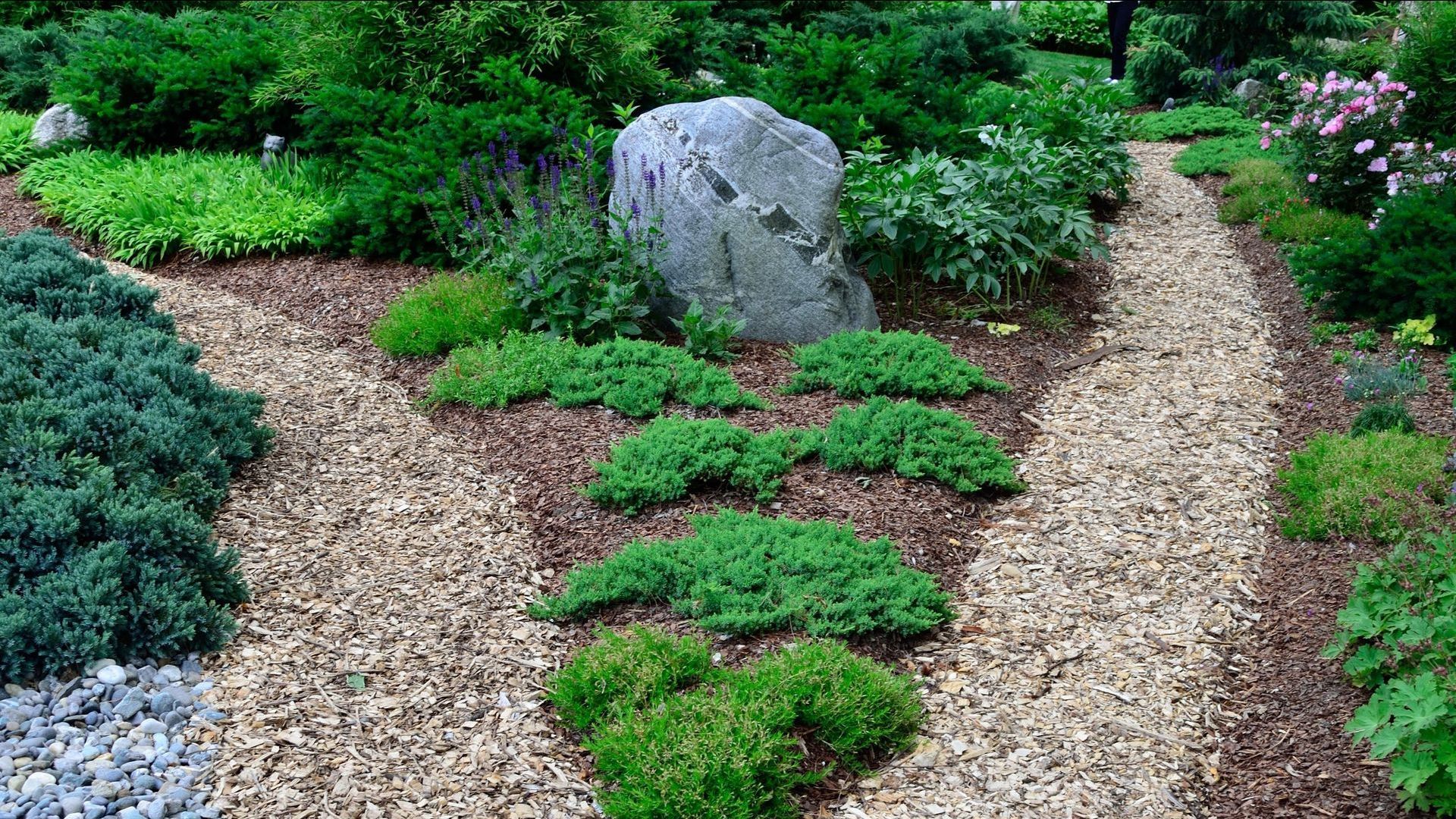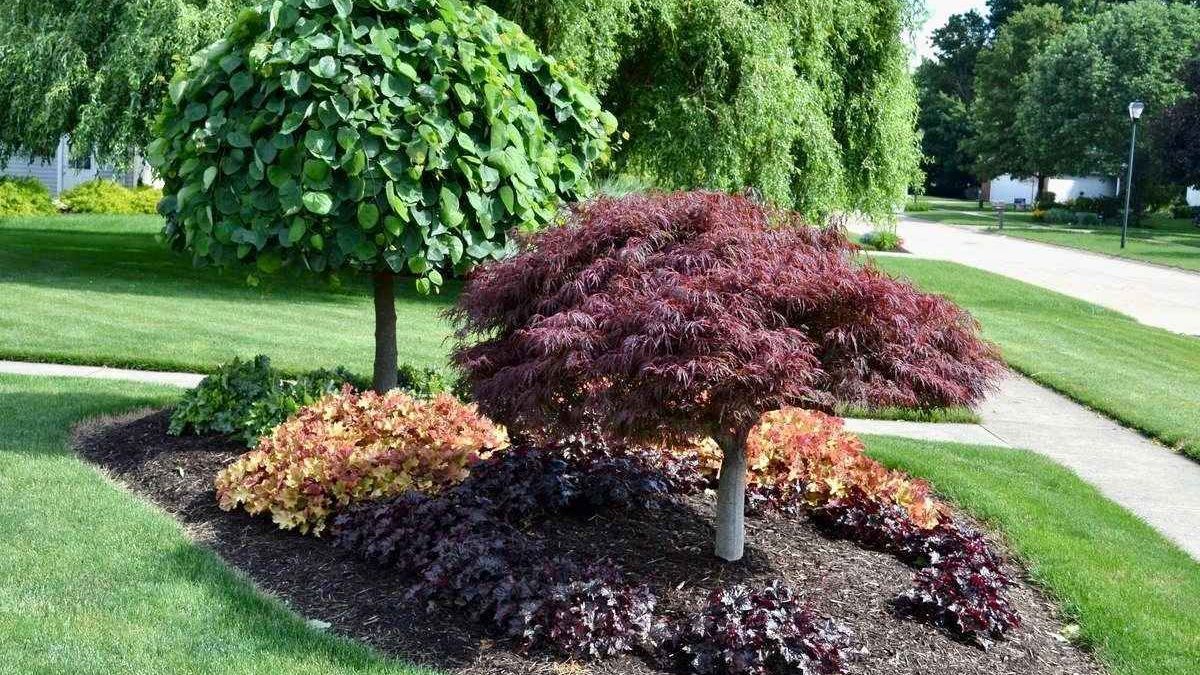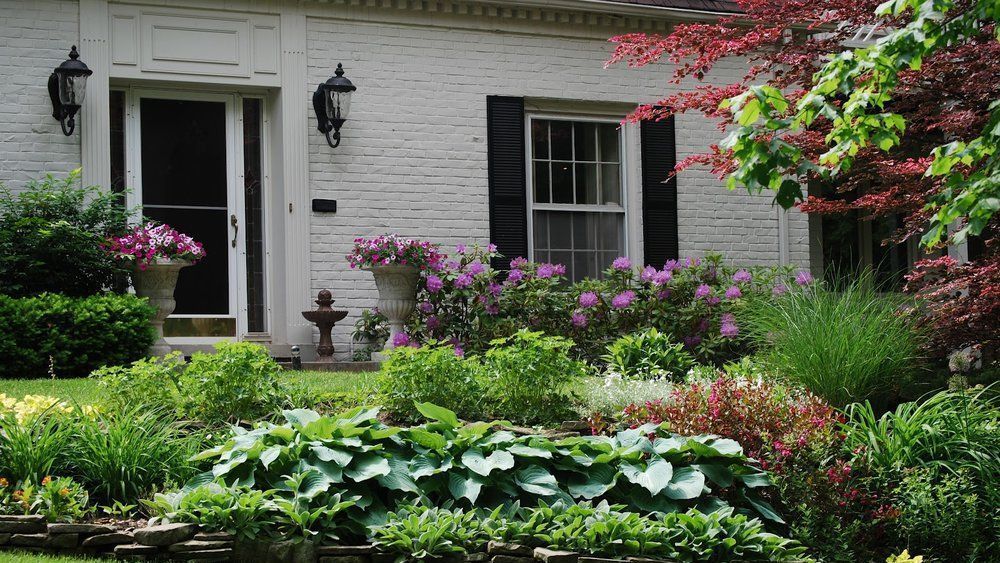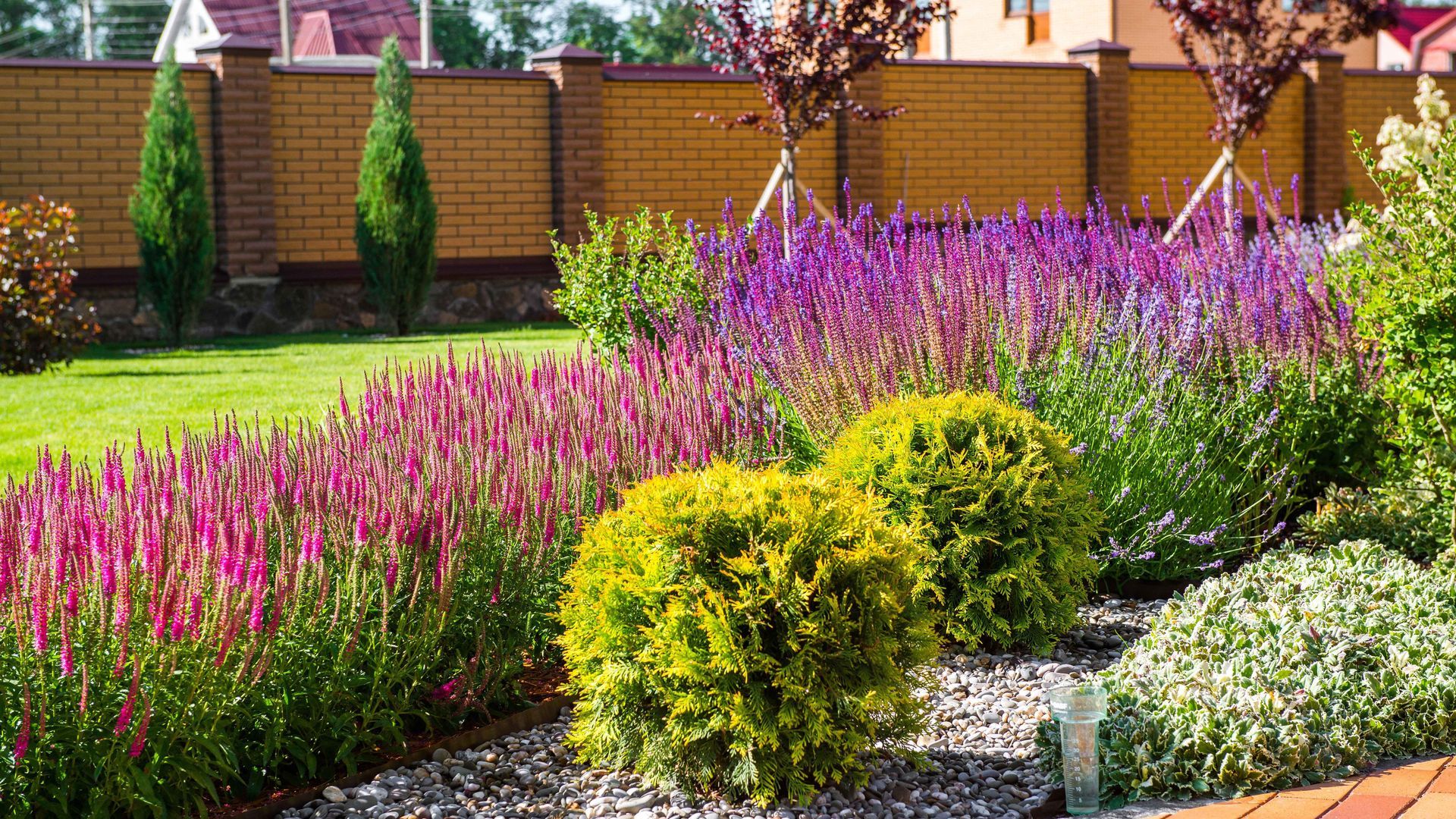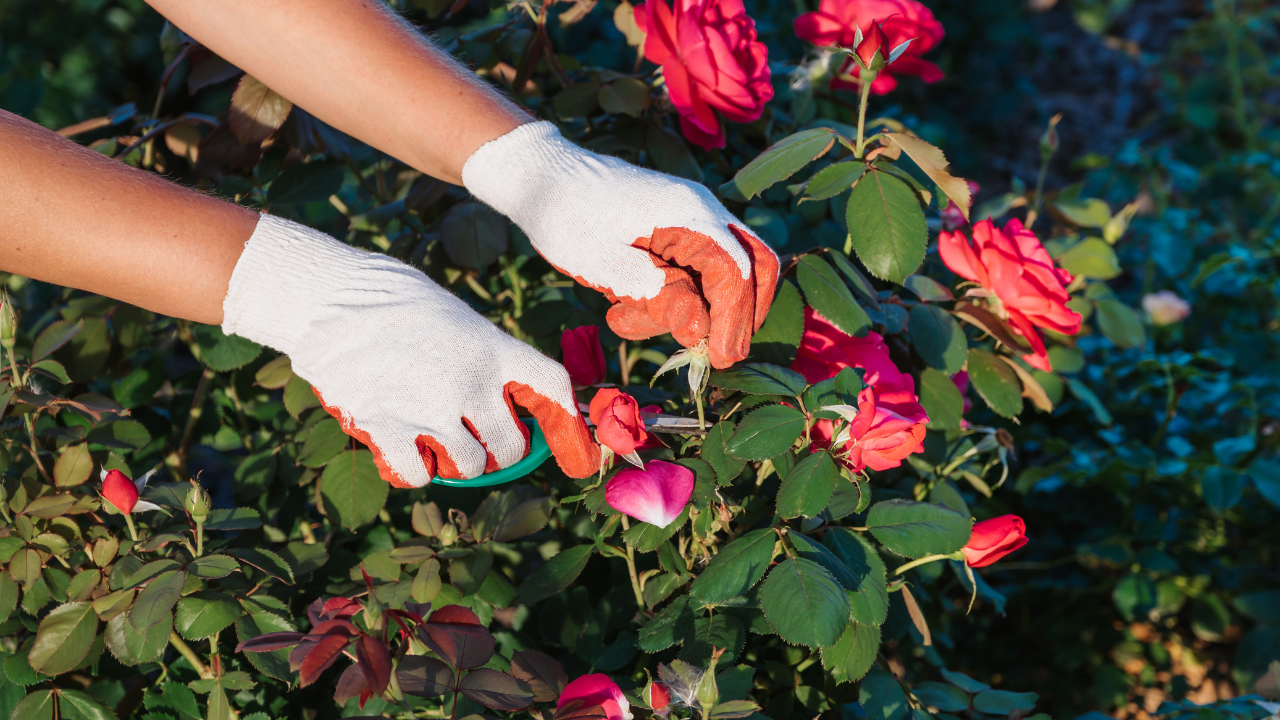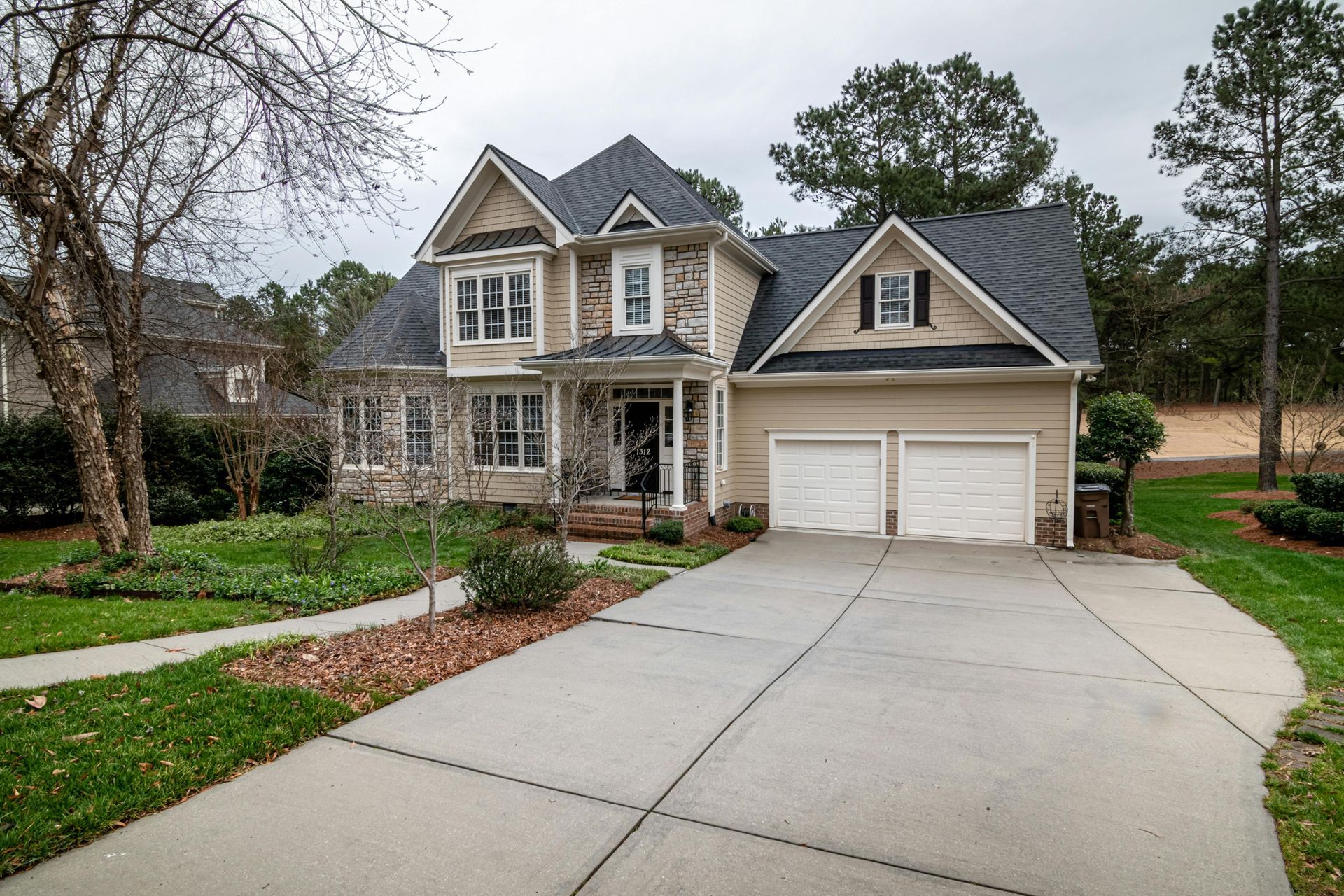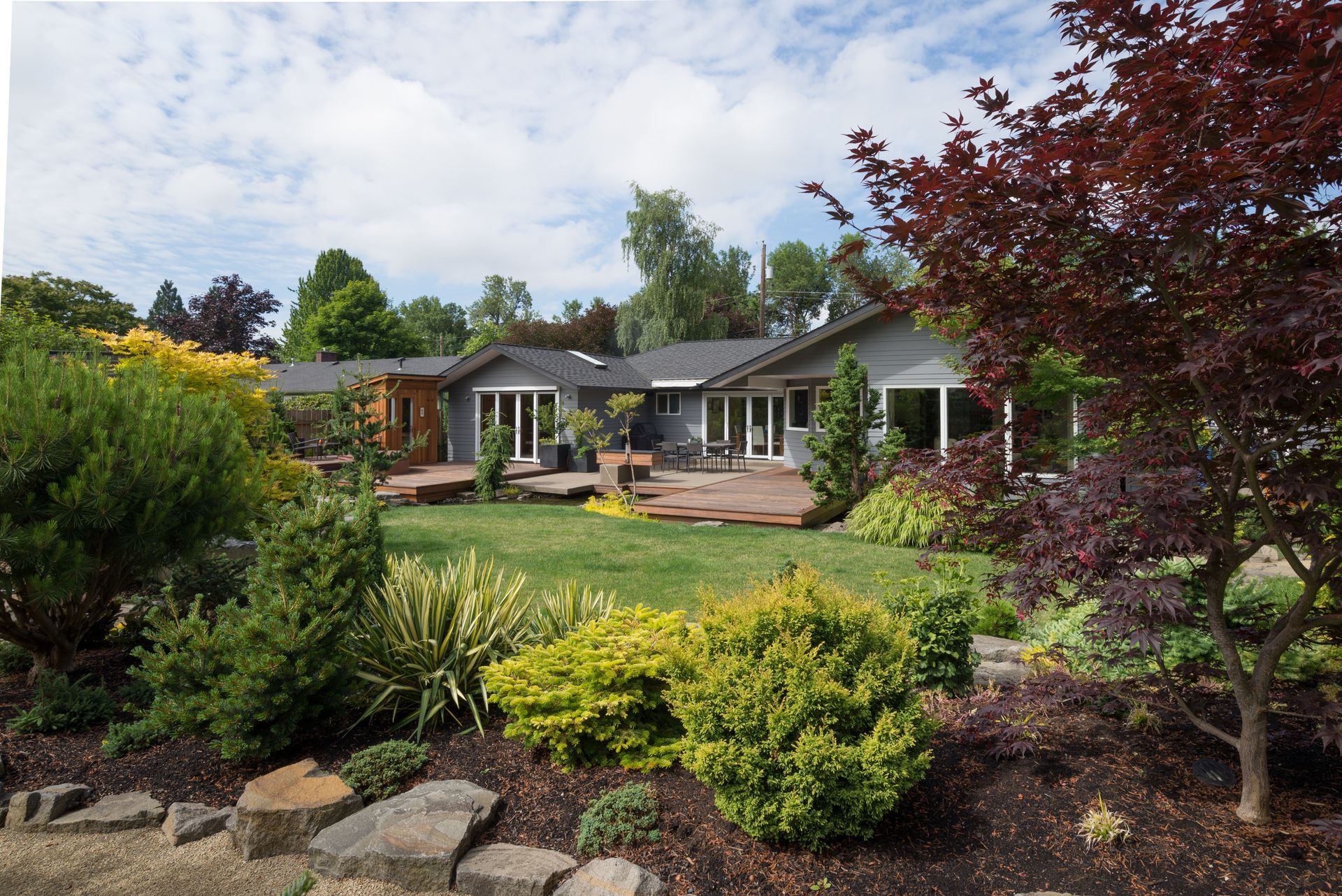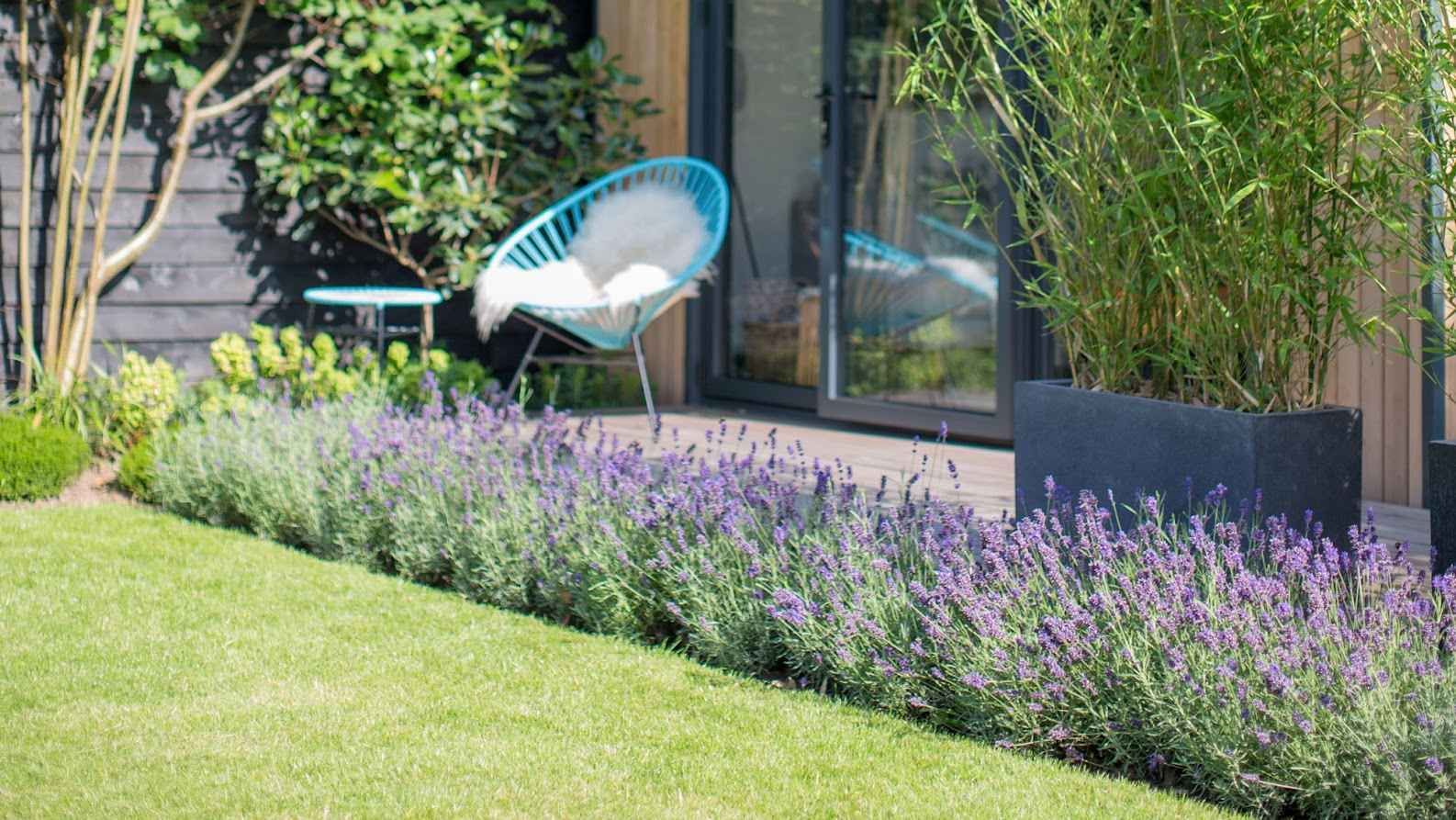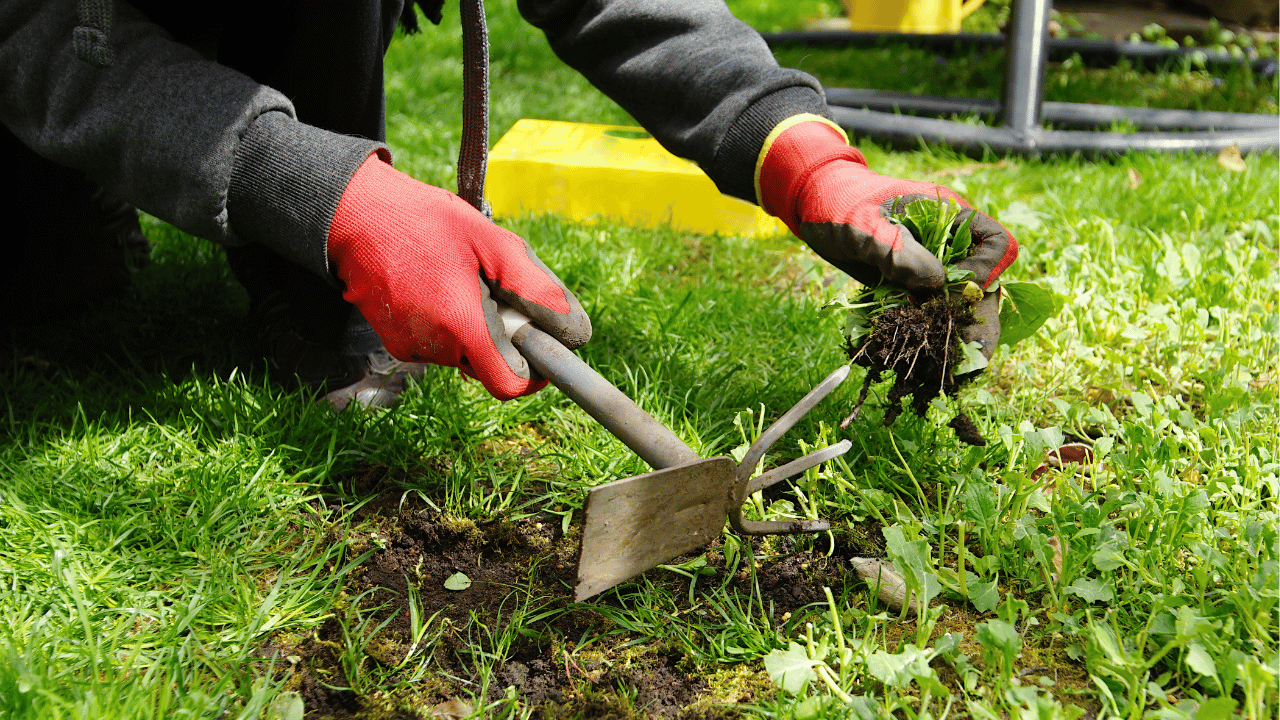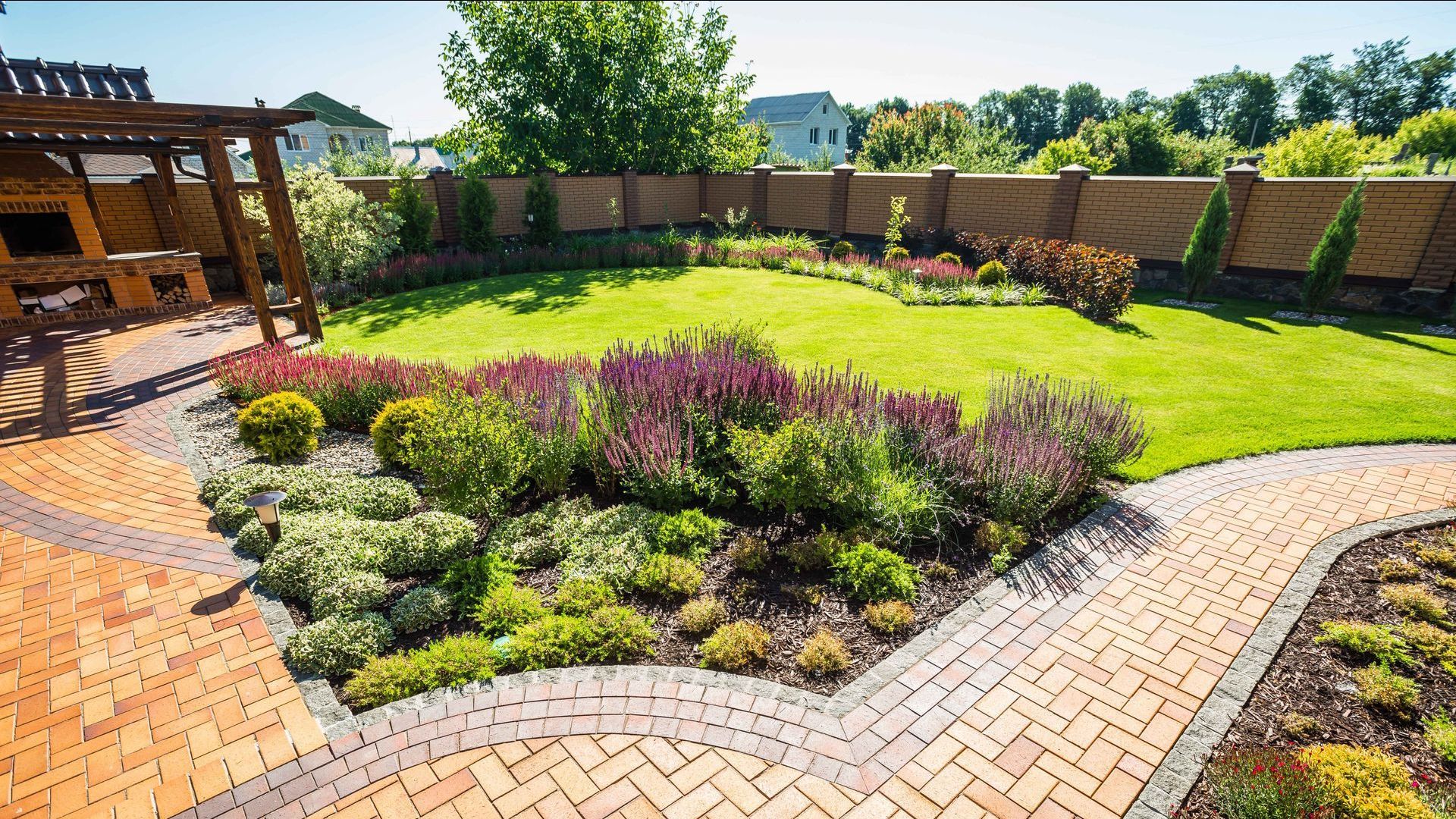
Why Your Garden Isn’t Thriving: Common Plant Care Mistakes and How to Fix Them
A thriving garden is every homeowner’s dream, but achieving it isn’t always as simple as it seems. At Bluegrass Gardening, we understand how frustrating it can be when your plants struggle despite your best efforts. Based in Louisville, KY, we’ve spent years helping gardeners transform their outdoor spaces by correcting common mistakes.
This guide will help you identify some of the most common plant care issues and provide practical solutions to ensure your garden not only survives but flourishes. With our expertise, your yard can become a source of pride and beauty year-round.
Planting in the Wrong Environment
Plants thrive when they are placed in conditions that suit their specific needs. One common issue we see in Louisville is planting without considering sunlight, soil type, or water requirements. For example, planting a sun-loving perennial in a shady corner or placing a drought-tolerant plant in heavy, clay-rich soil can lead to stunted growth or failure.
- ☀️ Sunlight Mismatch: Plants like lavender and coneflowers require full sun, while ferns and hostas need shade.
- 🌱 Soil Issues: Louisville’s clay-heavy soil can hinder drainage and lead to root rot for plants that prefer well-draining soil.
Bluegrass Tip: Observe your yard’s sunlight and moisture patterns for a few days before planting. Not sure which plants to choose? Let our garden design experts help you select the best options for your landscape.
Watering Missteps
Overwatering and underwatering are two of the most common plant care mistakes we encounter. Too much water drowns roots and creates an environment ripe for fungal diseases, while too little water leaves plants dehydrated and stressed.
- 💧 Signs of Overwatering: Yellowing leaves, soggy soil, or visible mold near the plant base.
- 🌵 Signs of Underwatering: Droopy leaves, dry or cracked soil, and browning edges.
Bluegrass Tip: Water deeply but less frequently to promote strong root growth. For tailored advice on watering schedules, ask us about our customized care plans for Louisville gardens.
Using Poor-Quality Soil
Healthy soil is the backbone of any successful garden. Louisville’s native soil often contains too much clay, which limits drainage and nutrient availability. If your garden struggles despite adequate sunlight and water, your soil might be the culprit.
- 🛠️ Problem: Compacted soil makes it difficult for roots to access water and nutrients.
- 🌱 Solution: Improve soil texture by mixing in organic compost, aged manure, or sand.
Bluegrass Tip: We offer soil testing services to identify deficiencies and recommend the best amendments for your yard.
Skipping Mulch
Mulching isn’t just about aesthetics—it plays a critical role in garden health. Mulch helps retain moisture, regulate soil temperature, and suppress weeds. Without it, plants in Louisville’s variable climate can become stressed or fail to thrive.
Bluegrass Tip: Apply a 2-3 inch layer of organic mulch, like shredded bark or wood chips, around your plants. Refresh the mulch annually for optimal results.
Overcrowding Plants
While a densely packed garden may look lush, overcrowding can have serious consequences. Plants that are too close together compete for sunlight, water, and nutrients. Additionally, poor air circulation can encourage the spread of pests and diseases.
Bluegrass Tip: Always follow spacing recommendations on plant labels. Need help planning your garden? Our layout experts can design a space that maximizes growth while maintaining visual appeal.
Neglecting Seasonal Maintenance
Regular maintenance is key to a healthy garden. Pruning, fertilizing, and pest control are often overlooked, leading to overgrown plants and nutrient deficiencies. Seasonal care ensures your plants remain vibrant and productive.
Bluegrass Tip: Create a seasonal maintenance schedule that includes tasks like trimming, mulching, and fertilizing. We offer maintenance plans tailored to Louisville’s climate to keep your yard looking its best year-round.
Choosing the Wrong Plants for Louisville’s Climate
Louisville’s hot summers and cold winters can be tough on plants that aren’t adapted to the local climate. Native species, like black-eyed Susans or redbuds, often outperform exotic varieties because they’re better suited to local conditions.
Bluegrass Tip: Focus on climate-friendly or native plants for a garden that requires less maintenance and water. Contact us for a curated list of the best plants for your yard.
How Bluegrass Gardening Can Help
At Bluegrass Gardening, we specialize in designing and maintaining gardens that thrive in Louisville, KY. From soil testing and plant selection to custom watering schedules, we provide everything you need for a flourishing outdoor space.
- 🌿 Customized garden designs tailored to your yard’s needs.
- 🌱 Soil testing and nutrient recommendations.
- 🌟 Seasonal maintenance, including mulching, pruning, and pest control.
FAQs
- What is the best type of mulch to use?
- We recommend organic mulch, such as wood chips or bark, for its ability to enrich the soil over time.
- How often should I water my garden?
- Watering frequency depends on your plants, soil type, and weather conditions. Ask us for customized advice.
- Can I plant any flower in Louisville?
- Not every flower thrives here. Stick with climate-adapted or native varieties for the best results.
- How can I improve my soil?
- Adding compost, organic matter, or sand can improve soil texture and nutrient content. Contact us for soil testing services.
- Why do my plants keep getting pests?
- Pests thrive in overwatered or overcrowded conditions. Proper spacing and watering practices can help mitigate infestations.


